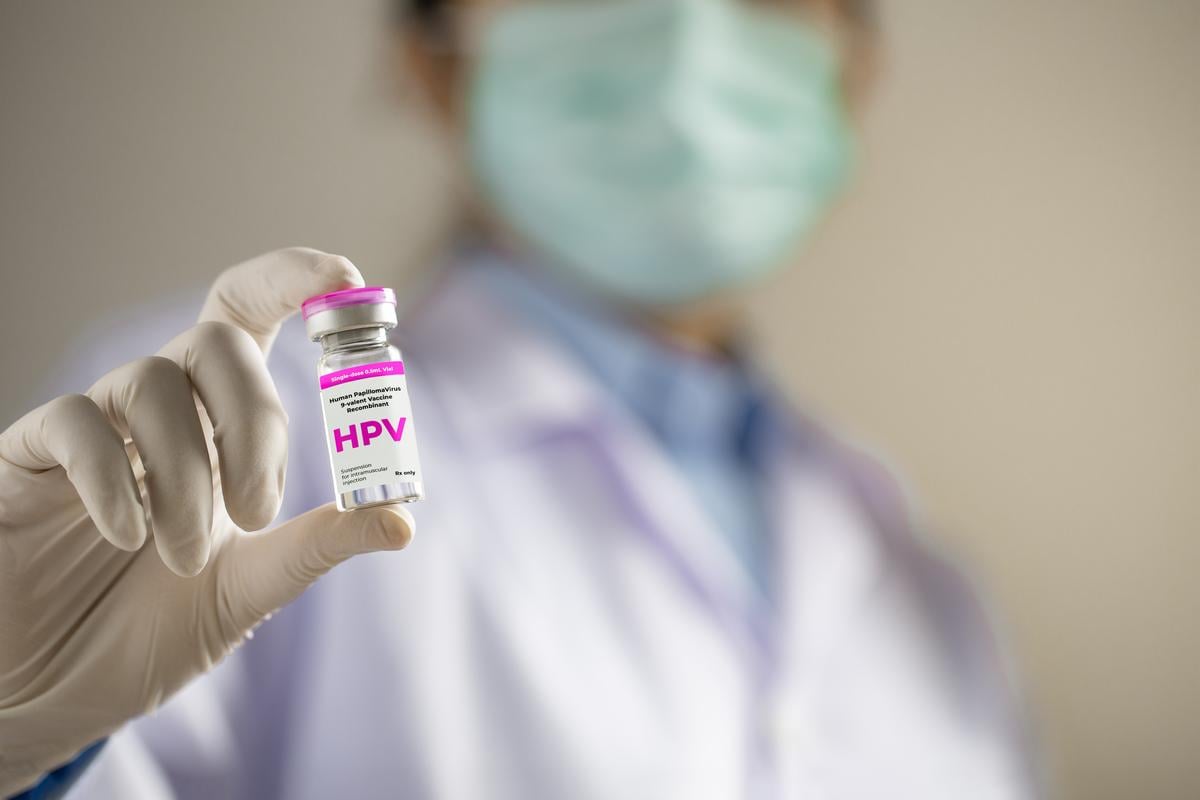Under most pessimistic scenario, one dose would avert fewer cervical cancer cases with difference of 3 percent over 100 years
By Elana Gotkine HealthDay Reporter
MONDAY, Oct. 7, 2024 (HealthDay News) — A one-dose human papillomavirus (HPV) vaccination program is projected to prevent a similar number of cervical cancers as a two-dose program, according to a study published online Oct. 7 in CMAJ, the journal of the Canadian Medical Association.
Mélanie Drolet, Ph.D., from the Université Laval in Québec City, and colleagues used an individual-based transmission-dynamic model of HPV infections and diseases to mathematically model vaccination programs in two provinces: Quebec, with around 85 percent vaccination coverage, and Ontario, with around 65 percent coverage. The authors sought to project the population-level impact and efficiency of switching from two- to one-dose, gender-neutral, routine HPV vaccination.
The researchers projected that under various scenarios, one-dose HPV vaccination would avert a similar number of cervical cancers as two doses in Canada. Under the most pessimistic scenario (vaccine duration, 25 years), one dose would avert fewer cervical cancer cases than two doses, with a difference of about 3 percentage points over 100 years. Elimination of cervical cancer was projected with all one-dose scenarios (fewer than four cervical cancers/100,000 female-years), and one dose was considered to be a substantially more efficient use of vaccine doses than two doses.
“One-dose vaccination represents a more efficient use of vaccine doses and is projected to lead to elimination of cervical cancer in Canada,” the authors write. “Continued monitoring of one-dose protection over time is required to rapidly detect any signs of waning one-dose efficacy.”
Copyright © 2024 HealthDay. All rights reserved.








